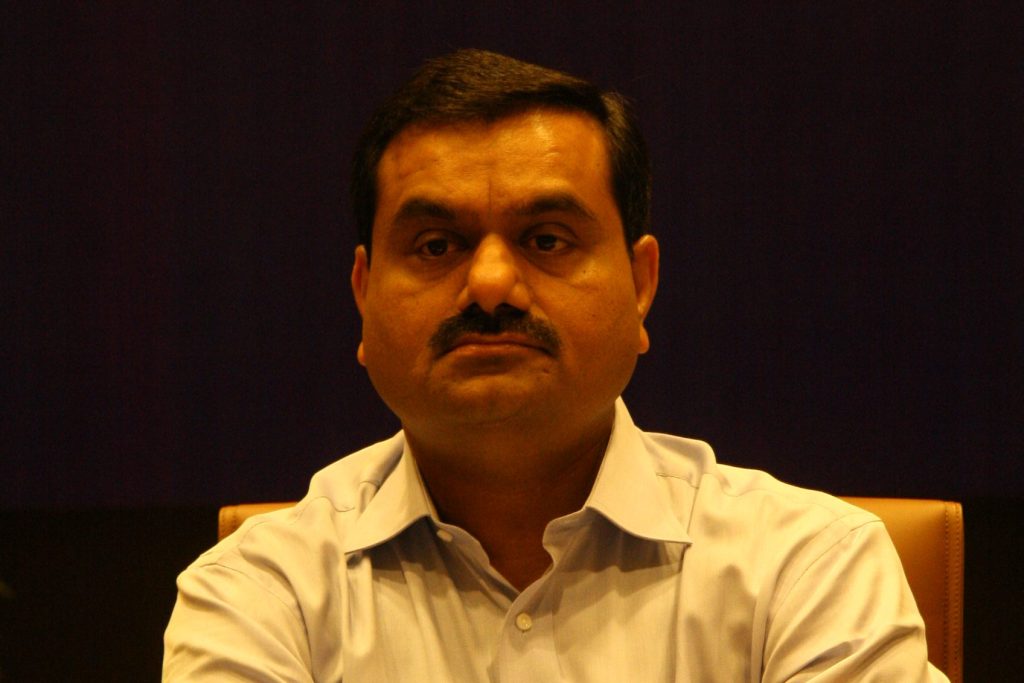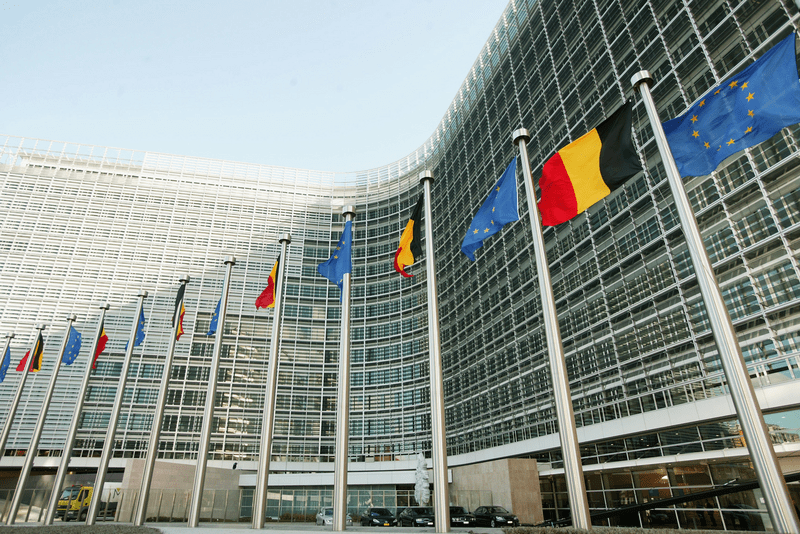In December 2022, the European Commission, having legislative initiative in the EU, launched the long-awaited proposals to modernise the VAT rules within the EU, and these are referred to as “VAT in the Digital Age package” (ViDA). Before the proposals can be adopted into EU law, they will be scrutinized by the European Council, where the proposals will require unanimous approval, alongside further consideration by the Economic and Monetary Affairs Committee of the European Parliament.
Despite Brexit, UK businesses, including those involved in finance, will be affected by the forthcoming changes, and will need to adapt their procedures and systems to remain compliant and take advantage of the available simplification opportunities. The final details of the changes are, however, still to be agreed by the EU.
Place of supply changes
There are changes due to be introduced at the start of 2025 to update the place of supply rules in respect of business-to-consumer (B2C) virtual events, education, training, and similar activities which merit further discussion.
Currently, businesses providing virtual events (for example, a UK business providing live online topical updates where the participants can interact with the instructor in real time) have three UK/EU rules they need to think about:
- The basic rule: B2C supplies of services are taxed where the supplier belongs.
- The electronically supplied services (ESS) rule: B2C electronically supplied services are taxed where the consumer belongs.
- The ‘where performed’ rule: B2C supplies of training, education or similar events are taxed where the event takes place.
From the start of 2025, when these services are streamed or made available digitally, they will become subject to VAT where the consumer resides under the new proposals.
The immediate impact is that UK businesses providing non-ESS services to EU-based consumers, will trigger the requirement for a VAT registration in the countries where their customers are based. The place of supply will be where the customer belongs and the EU applies a nil turnover registration threshold for non‑established businesses so there is little scope to avoid the registration requirement.
Therefore, for example, if a UK financial business was running a live presentation online, and a private consumer could pay to watch it live, then the place of supply for VAT purposes becomes the place where the consumer is located.
However, the One Stop Shop scheme (OSS) allows businesses to set up a simplified VAT registration with their EU tax authority of choice, and to report certain sales in all EU member states through a single quarterly filing.
Single VAT registration in the EU
Coinciding with the place of supply changes mentioned above, is the introduction of a new VAT reporting scheme (to operate in parallel with the One Stop Shop) and EU domestic reverse charges.
These changes aim to reduce the administrative burden of trading in the EU by reducing the number of separate VAT registrations that a business will be required to have, with a view to increasing compliance overall.
Domestic reverse charge
Whilst B2B transactions are excluded from the remit of the new single VAT registration reporting schemes, January 2025 should also see the mandatory introduction of domestic reverse charges across the EU.
Although removing the need to be VAT-registered in these member states will reduce the compliance burden for the UK business, it also removes the main mechanism by which input tax can be recovered.
In the absence of a VAT registration, input tax would need to be recovered by making refund claims directly to the relevant tax authority, where there will be a greater delay between paying VAT to a supplier and receiving the repayment.
Further ahead, wider e-invoicing and digital reporting requirements are due to come into effect from the start of 2028.
Changes to the platform economy
There are several features of the EU proposals relating to the platform economy.
The “deemed supplier” rule, which has applied to digital platforms and marketplaces selling goods in the EU since July 1, 2021, will be extended to apply to platform operators in the short-term sectors eg holiday lets, transport rental. This will be in situations where the underlying supplier does not charge VAT (e.g., because the supplier is not registered for VAT).
The proposed rules aim to level the playing field between platforms offering services and other traditional suppliers that are registered for VAT and those who are not.
Businesses trading within the EU should expect significant changes in the coming years, as the European Commission looks to modernise its VAT system whilst simultaneously tackling non-compliance. However, the developments outlined above are only part of the bigger picture, as the single VAT registration proposals go hand in hand with wider e-invoicing and digital reporting requirements which are proposed to come into effect from the start of 2028.
Debbie Jennings is VAT Director at Moore Kingston Smith.













